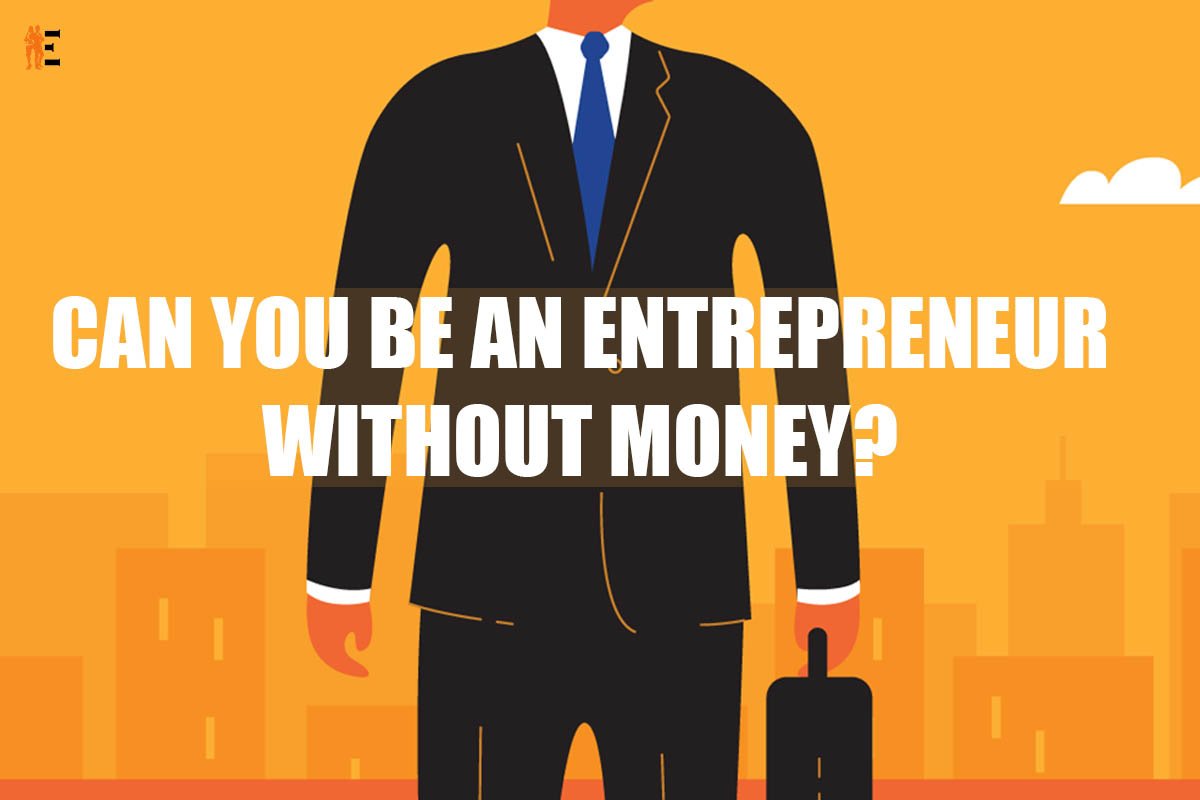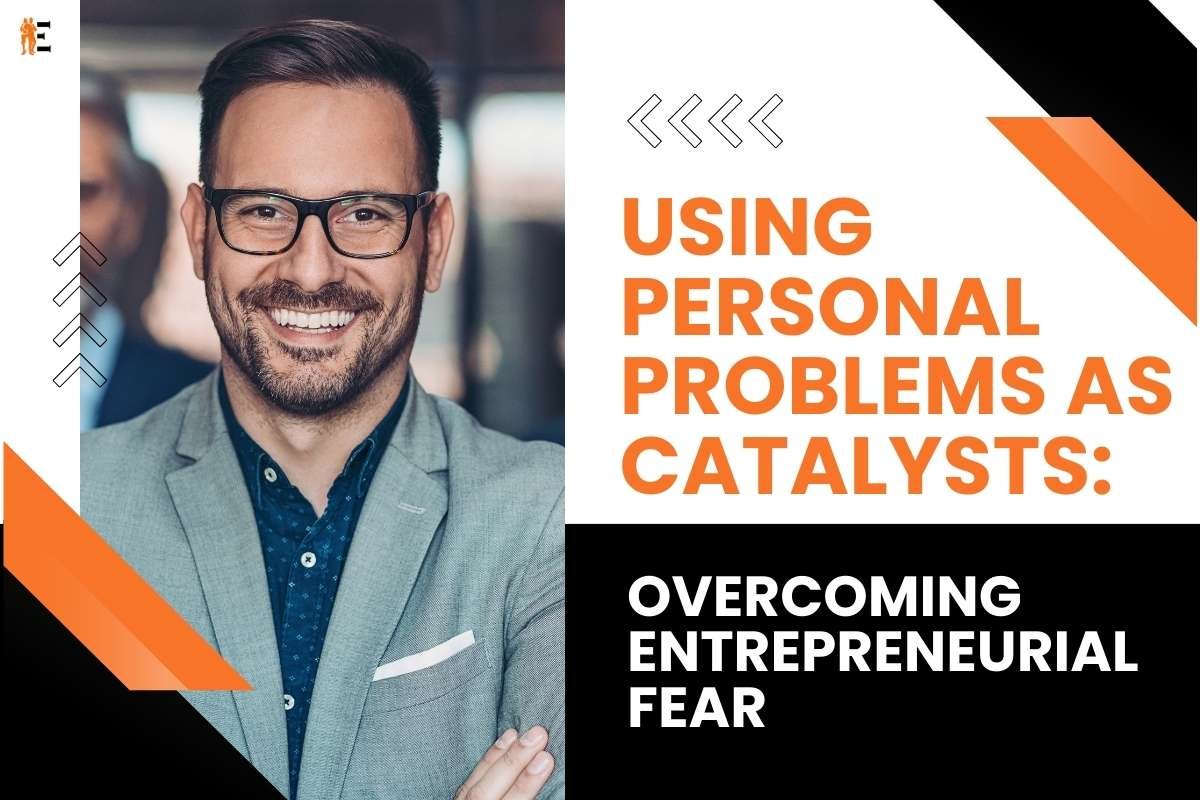Entrepreneurship has gained tremendous popularity in recent times as a career choice. The idea of creating something new, taking risks, and being your own boss is appealing to many people. However, one of the most common myths about entrepreneurship is that it requires a significant amount of money to start a business.
This notion has discouraged many aspiring entrepreneurs who believe that they cannot embark on the entrepreneur without money. However, the truth is that entrepreneurship is not always about money; it is about creativity, innovation, and resilience. In this essay, we will examine whether it is possible to be an entrepreneur without money and what it takes to succeed as an entrepreneur in the absence of financial resources.
What is entrepreneurship?
Entrepreneurship refers to the process of creating, developing, and managing a new business venture with the aim of making a profit. An entrepreneur is someone who identifies a business opportunity and takes the initiative to exploit it. Entrepreneurship involves a wide range of activities, including identifying business opportunities, conducting market research, developing a business plan, securing funding, and launching and managing a new business venture.
The role of money in entrepreneurship
Money is undoubtedly an essential element in entrepreneurship. Most businesses require some level of financial investment to get started. This investment may be required to purchase equipment, rent or purchase space, buy inventory, pay for marketing and advertising, and so on.
Lack of financial resources can be a significant obstacle to starting a business, and many entrepreneurs have had to seek funding from investors, banks, or other sources to get started. In addition, a lack of financial resources can also limit the growth of a business, making it difficult for entrepreneurs to expand their operations or reach new markets.
However, it is essential to note that money is not the only factor that determines the success of an entrepreneurial venture. There are several other critical factors, including creativity, innovation, market knowledge, strategic planning, and perseverance, that are equally important in entrepreneurship. In fact, some of the most successful businesses in the world today started with little or no money, relying instead on the creativity and resourcefulness of their founders.
Examples of successful entrepreneurship without money
Several successful entrepreneurs have started their businesses without significant financial resources. Here are some examples:
Steve Jobs

Steve Jobs, the co-founder of Apple Inc., started his company in 1976 in a garage with his friend Steve Wozniak. The two entrepreneur without money to rent an office, so they used Jobs’ family garage as their headquarters. They built the first Apple computer from spare parts, and Jobs sold his Volkswagen van to raise capital for the business. In the early days, Jobs and Wozniak relied on their ingenuity and creativity to build the company, and they were eventually able to secure funding from investors to expand their operations.
Mark Zuckerberg
Mark Zuckerberg, the founder of Facebook, started his company while he was a student at Harvard University. He had no money to invest in the business, so he relied on his programming skills to develop the social networking site. Zuckerberg’s initial goal was to create a platform for Harvard students to connect and share information, but the site quickly gained popularity and expanded to other universities and eventually became a global phenomenon. Zuckerberg was eventually able to secure funding from investors, but the success of Facebook was largely due to his creativity and innovation.
Arianna Huffington

Arianna Huffington, the founder of the Huffington Post, started her media company in 2005 with no money. She relied on her network of contacts and her reputation as a writer and commentator to attract contributors and build her brand. Huffington was able to leverage her skills and reputation to create a successful media company that was eventually acquired by AOL for $315 million.
Here is how to be an entrepreneur without money;
While money is an important factor in entrepreneurship, it is not the only factor that determines success. Here are some tips on how to be an entrepreneur without money:
1. Identify a niche market
Identifying a niche market is critical when starting a business as a entrepreneur without money. A niche market is a specific segment of the market that has unique needs and characteristics. By focusing on a niche market, you can create a product or service that is tailored to the needs of that market, which can give you a competitive advantage. Moreover, by targeting a smaller market, you can reduce your marketing and advertising costs, making it easier to get started with limited resources.
2. Leverage your skills and resources
When starting a business as a entrepreneur without money, it is important to leverage your skills and resources. Think about the skills, knowledge, and resources that you have and how you can use them to create a business. For example, if you are a web designer, you can create a website for a client and charge a fee for your services. Alternatively, if you have a spare room in your house, you can rent it out on Airbnb to generate income. By leveraging your skills and resources, you can create a business without significant financial investment.
3. Build a network

Building a network is critical when starting a business as a entrepreneur without money. By connecting with other entrepreneurs, industry experts, and potential customers, you can gain valuable insights and advice that can help you succeed. Moreover, by building relationships with people in your network, you may be able to find opportunities to collaborate or partner with others, which can help you grow your business.
4. Be creative
Being creative is essential when starting a business without money. Think outside the box and look for innovative ways to create value for your customers. For example, if you are starting a food business, you could create a pop-up restaurant or a food truck instead of renting a brick-and-mortar location. By being creative, you can find ways to reduce your costs and create a unique value proposition for your customers.
5. Be patient
Starting a business without money requires patience. It may take longer to get started and grow your business, but with persistence and perseverance, you can succeed. Be prepared to work hard and make sacrifices to achieve your goals. Remember that entrepreneurship is a marathon, not a sprint, and success often comes to those who are patient and persistent.
BOTTOM LINE
In conclusion, it is possible to be an entrepreneur without money. While money is an important factor in entrepreneurship, it is not the only factor that determines success. By identifying a niche market, leveraging your skills and resources, building a network, being creative, and being patient, you can create a successful business without significant financial investment. Entrepreneurship is about creativity, innovation, and resilience, and those qualities are not limited to those with financial resources. With the right mindset and approach, anyone can be an entrepreneur.











